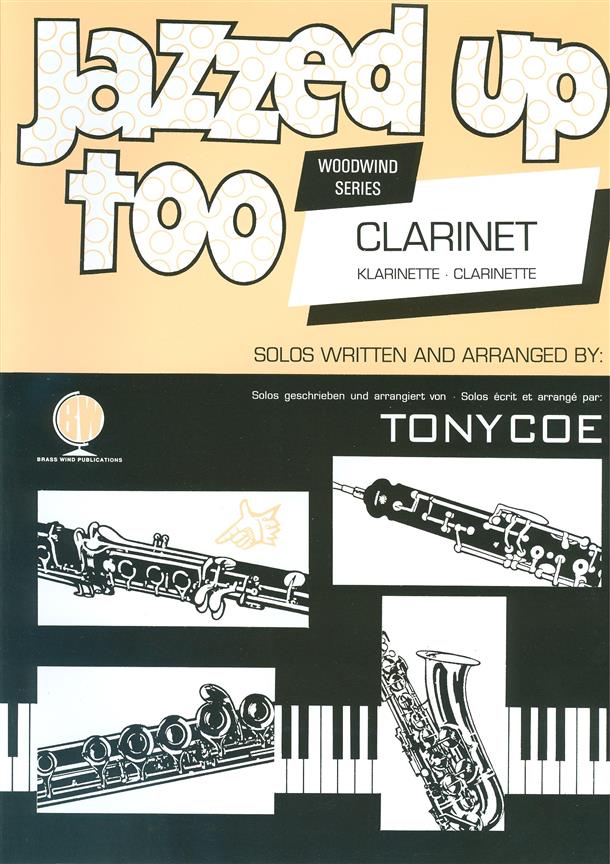Description
IMPROVISATION "When somebody tells me that they wish they could improvise, I usually reply "If you REALLY want to you will". This may seem quite a hard line to take but, if the will to improvise exists, there is no reason why anyone with however limited a command of their instrument (or voice) cannot realise their ambition, the degree of proficiency attained obviously varying with individual abilities and ABOVE ALL the amount of personal effort. As much time as possible should be allocated to ear-training. There are many cassette courses available on the market – such as the David Burge course (for both perfect and relative pitch development). Also the development of harmonic knowledge should be on-going, and to this end, use of a keyboard of some kind is imperative. Don't worry how bad a pianist you are – you can only improve! An improviser draws upon any sources available to enhance his/her vocabulary – a popular song for instance, or a Chopin waltz, or the modes of Messaien or the pandiatonicism (this being simpler than it sounds) of Stravinsky. It is very healthy to expose yourself to a wide spectrum of music – you will probably find this will lead to the development of other skills such as musical analysis or composition – which of course may well be of material use at times when engagements are thin on the ground and one can turn to arranging, or writing a jingle or even a film score! All the pieces in this book have a theme followed by a quasi-improvisational section and a reprise of the theme. If you wish, FEEL FREE TO INVENT YOUR OWN IMPROVISATION or play the written one, or perhaps use the first four bars of the written one as a springboard. Please feel free to imbue these pieces with your personality, making alterations and decorations as you feel them." Tony Coe … Charade • Blue September • Some Other Autumn • What Are You Doing The Rest Of Your Life? • La Colina Del Tejon

